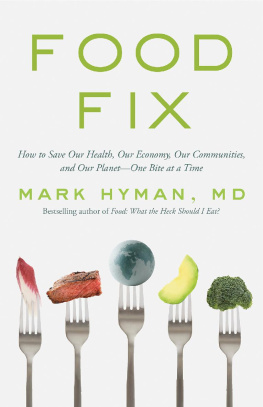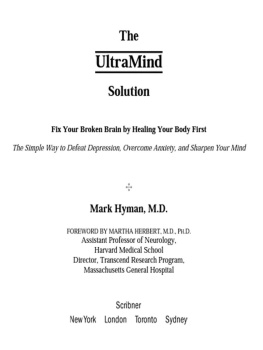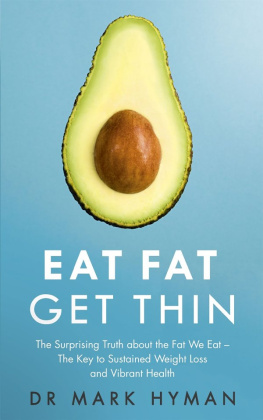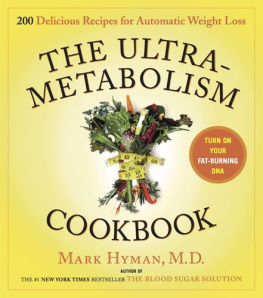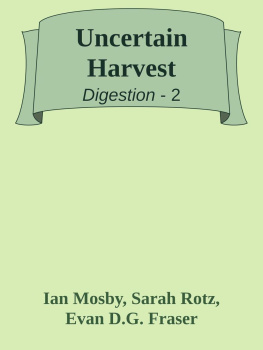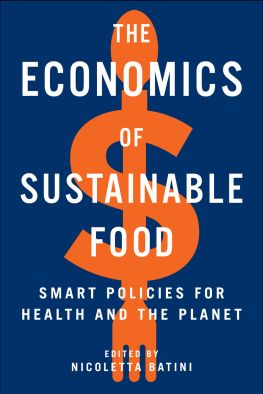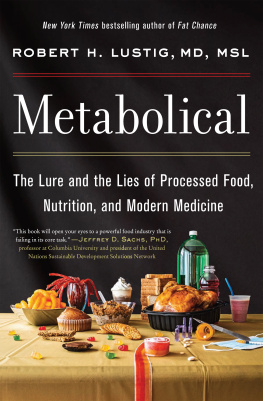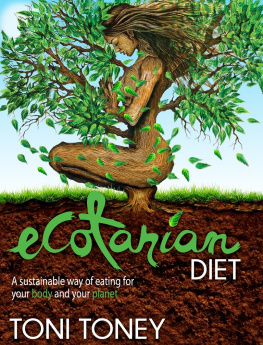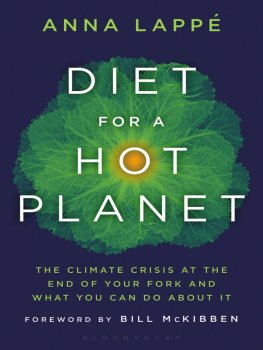Digital Galley Edition
This is uncorrected advance content collected for your reviewing convenience. Please check with publisher or refer to the finished product whenever you are excerpting or quoting in a review.


Food: What the Heck Should I Cook?
Food: What the Heck Should I Eat?
The Eat Fat, Get Thin Cookbook
Eat Fat, Get Thin
The Blood Sugar Solution 10-Day Detox Diet Cookbook
The Blood Sugar Solution 10-Day Detox Diet
The Blood Sugar Solution Cookbook
The Blood Sugar Solution
The Daniel Plan
The Daniel Plan Cookbook
UltraPrevention
UltraMetabolism
The Five Forces of Wellness (CD)
The UltraMetabolism Cookbook
The UltraThyroid Solution
The UltraSimple Diet
The UltraMind Solution
Six Weeks to an UltraMind (CD)

Copyright 2020 by Hyman Enterprises, LLC
Hachette Book Group supports the right to free expression and the value of copyright. The purpose of copyright is to encourage writers and artists to produce the creative works that enrich our culture.
The scanning, uploading, and distribution of this book without permission is a theft of the authors intellectual property. If you would like permission to use material from the book (other than for review purposes), please contact permissions@hbgusa.com. Thank you for your support of the authors rights.
Little, Brown Spark
Hachette Book Group
1290 Avenue of the Americas, New York, NY 10104
littlebrownspark.com
First Edition: February 2020
Little Brown Spark is an imprint of Little, Brown and Company, a division of Hachette Book Group, Inc. The Little, Brown Spark name and logo are trademarks of Hachette Book Group, Inc.
The publisher is not responsible for websites (or their content) that are not owned by the publisher.
The Hachette Speakers Bureau provides a wide range of authors for speaking events. To find out more, go to hachettespeakersbureau.com or call (866) 376-6591.
ISBN 978-0-316-45317-2
LCCN 2019952656
10 9 8 7 6 5 4 3 2 1
LSC-C
Printed in the United States of America
E3
To the farmers, eaters, communities, advocates, activists, scientists, businesses, and policy makers who are working to fix our food system
Contents

It is a wonderful feeling to recognize the unity of a complex of phenomena that to direct observation appear to be quite separate things. ALBERT EINSTEIN It is our apparent reluctance to recognize the interrelated nature of the problems and therefore the solutions that lies at the heart of our predicament and certainly on our ability to determine the future of food. PRINCE CHARLES
There is one place that nearly everything that matters in the world today converges: our food and our food systemthe complex web of how we grow food, how we produce, distribute, and promote it; what we eat, what we waste, and the policies that perpetuate unimaginable suffering and destruction across the globe that deplete our human, social, economic, and natural capital.
Food is the nexus of most of our worlds health, economic, environmental, climate, social, and even political crises. While this may seem like an exaggeration, it is not. The problem is much worse than we think. After reading Food Fix you will be able to connect the dots of this largely invisible crisis and understand why fixing our food system is central to the health and well-being of our population, our environment, our climate, our economy, and our very survival as a species. You will also understand the forces, businesses, and policies driving the catastrophe, and the people, businesses, and governments that are providing hope and a path to fixing our dysfunctional food system.
But why would a doctor be so interested in food, the system that produces it, and food policy?
As a doctor, my oath is to relieve suffering and illness and to do no harm. As a functional medicine physician, I was trained to focus on the root causes of disease and to think of our body as one interconnected ecosystem.
Our diet is the number one cause of death, disability, and suffering in the world. Our food has dramatically transformed over the last 100 years, and even more radically over the last 40 years, as we have eaten a diet of increasingly ultraprocessed foods made from a handful of crops (wheat, corn, soy). If poor diet is the biggest killer on the planet, I was forced to ask, what is the cause of our food and the system that produces it? This led to a deep exploration of the entire food chain, from seed to field to fork to landfill, and the harm caused at each step of the journey. The story of food shocked me, frightened me, and drove me to tell this story and to find the possibility of redemption from the broken system that is slowly destroying the people and things we love most.
Our most powerful tool to reverse the global epidemic of chronic disease, heal the environment, reverse climate change, end poverty and social injustice, reform politics, and revive economies is food. The food we grow, how we grow it, and the food we eat have tremendous implications not just for our waistlines but also for our communities, the planet, and the global economy.
Chronic disease is now the single biggest threat to global economic development. Lifestyle-caused diseases such as heart disease, diabetes, and cancer now kill nearly 50 million people a year, more than twice as many as die from infectious disease. Two billion people go to bed overweight and 800 million go to bed hungry in the world today. One in two Americans and one in four teenagers have pre-diabetes or type 2 diabetes.
Lobbyists influence over policy makers has put corporations, not citizens, at the center of every aspect of our food system, from what and how food is grown to what is manufactured, marketed, and sold. When money rules politics, it results in our current uncoordinated and conflicting food policies, which subsidize and protect and facilitate Big Foods and Big Ags domination of our food system to the detriment of our population and our environment. Big Ag and Big Food co-opt politicians, public health groups, grassroots advocacy groups, scientists, and schools and pollute science and public opinion with vast amounts of dollars and misinformation campaigns. The consolidation and monopolization of the food industry over the last 40 years from hundreds of different processed-food companies, seed companies, and chemical and fertilizer companies into just a few dozen companies make it the largest collective industry in the world, valued at approximately $15 trillion, or about 17 percent of the entire worlds economy. And it is controlled by a few dozen CEOs who determine what food is grown and how it is grown, processed, distributed, and sold. This affects every single human on the planet.

Our childrens future is threated by an achievement gap caused in large part by their inability to learn on a diet of processed foods and sugar served in schools. Fifty percent of schools serve brand-name fast foods in the cafeteria and 80 percent have contracts with soda companies. Food companies target children and minorities with billions in marketing of the worst foods.
Next page
